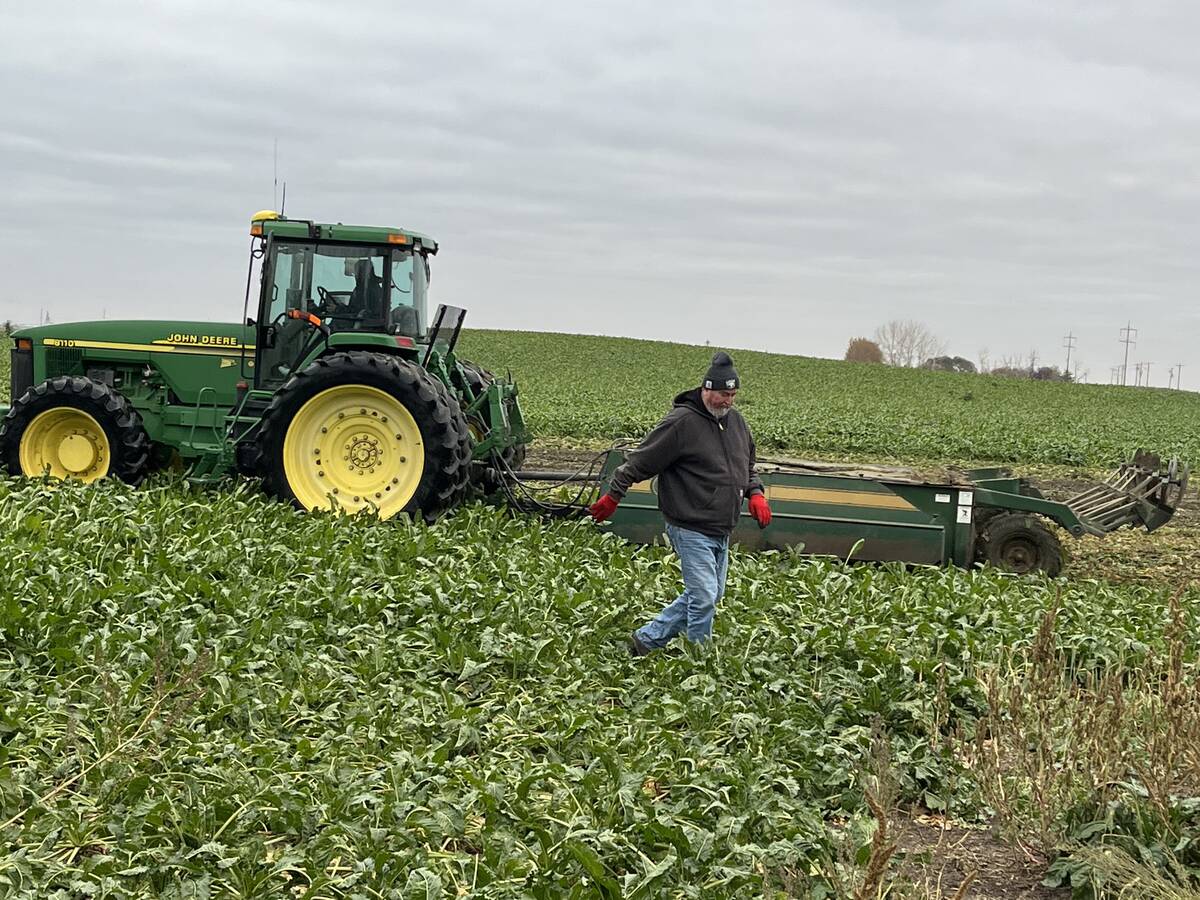The federal government should show more leadership in establishing a national standard so more meat can be sold interprovincially within Canada, say many MPs on the House of Commons agriculture committee.
But the president of the Canadian Food Inspection Agency said it cannot happen as long as some provinces do not trust the quality of meat from other provinces. Ottawa is insisting that any new rule on interprovincial meat trade be universally applied in Canada.
“We have been working on this for some time and it is the general view of my minister that we have to bring (all) the provinces along,” said Richard Fadden
Read Also

Weight-loss drugs and health initiatives hammer a crop that usually provides an economic cushion
Americans are simply eating less sugar. Consumption started to decline in the 1990s as artificial sweeteners grew in popularity. Farmers this year planted their smallest sugar beet acreage since 1982.
The MP demand, which surfaced when CFIA president Fadden appeared before the agriculture committee, was advanced as a way to help clear cull cows out of the system since meat from older animal meat will not be allowed into the United States or world markets in the foreseeable future.
There was an implication that the agency should allow trade between consenting provinces even if all provinces do not agree.
Interprovincial movement is the only hope for cull cattle products but under current rules, meat can only cross provincial borders if it comes from federally inspected plants that are approved for export, MPs complained.
Saskatchewan Conservative David Anderson asked why the agency has not been working on a national standard for domestic meat movement.
Alberta Liberal David Kilgour was more blunt.
“Doesn’t it seem preposterous that beef products made in one province at a provincially licensed plant can’t be shipped to a province right across the border? I’m thinking of Saskatchewan and Alberta.”
Fadden said the issue is really a provincial one. Ottawa and the provinces have been negotiating for years to create a national standard that falls somewhere between provincial and federal standards and that would allow interprovincial sales.
But Ottawa and some of the provinces have insisted that all provinces must agree before there is a national standard. Some provinces with plants far from national standards will not agree.
They fear that tougher standards would put some smaller abattoirs, and the rural jobs they create, out of business.
“There are some provinces where the standards are really quite low and other provinces that are not prepared to accept product from those provinces,” said Fadden.
He said trying to implement an interprovincial meat trade deal that included restrictions about which province could trade where would be chaotic and administratively difficult.














